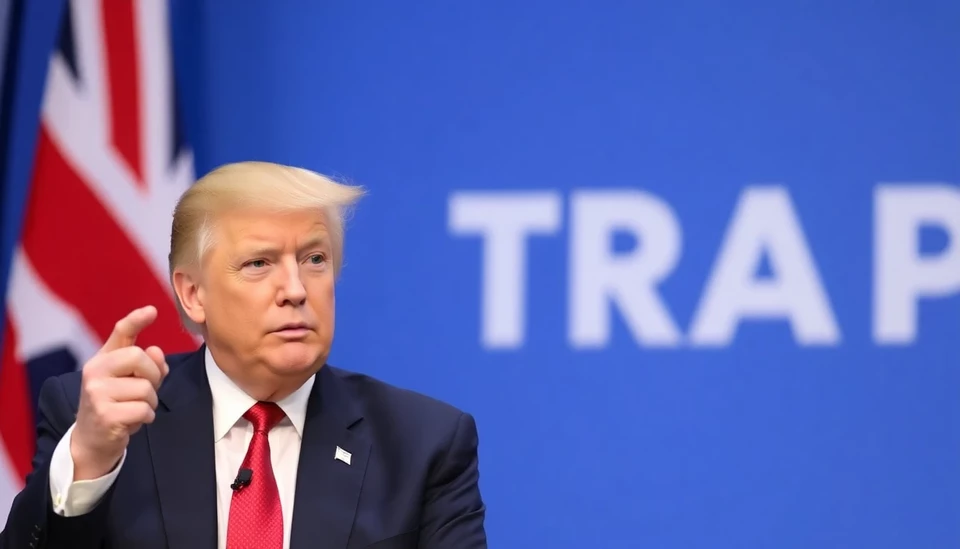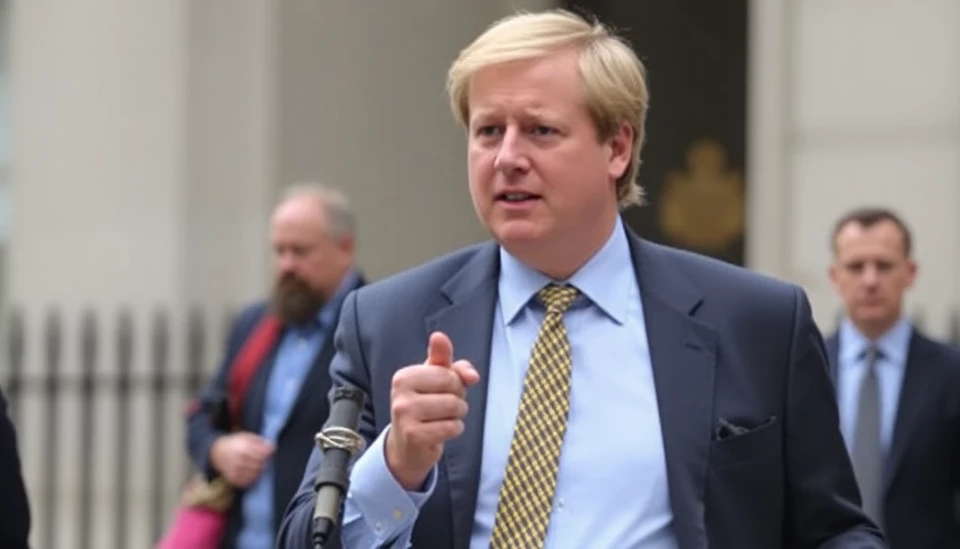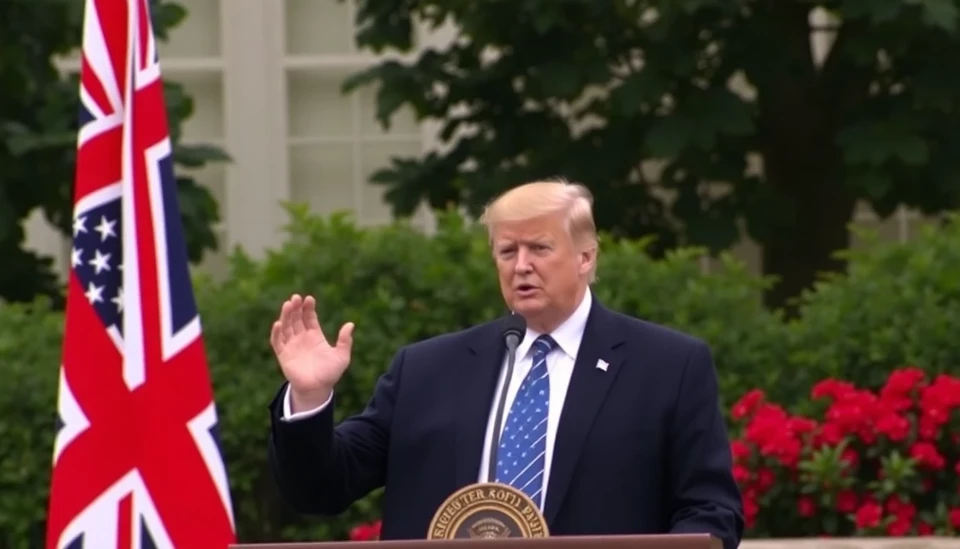
In an era defined by rapid technological advancements, political leaders across the globe face the challenging task of navigating the intricate dynamics between government regulation and the tech industry. Recently, Allegra Stratton explored the implications of this confrontation within the UK context, particularly focusing on Labour leader Keir Starmer's potential to maintain a critical stance against the powerful tech elite.
Starmer, during his leadership, has expressed a desire to connect with younger voters by emphasizing the importance of a digital economy that benefits all. However, the question lingers: Can he effectively challenge the dominance of tech companies and curtail their influence in policy-making? Stratton's analysis suggests that the UK is at a crossroads, with Starmer needing to define his stance amidst the pressure from influential tech entrepreneurs who often wield enormous political power.
With significant names in the tech industry keen on forming alliances with key political figures, Starmer's approach will likely be tested. He recognizes the advantages of leveraging technological advancements for economic growth but also appears wary of compromising on values such as data privacy, social equity, and ethical operations. The expectations for a future Labour government are for it to prioritize responsibility and accountability from these corporations, which have often been criticized for prioritizing profit over societal good.
Moreover, potential collaboration with tech industries should not come at the cost of neglecting pressing issues associated with their operations, such as privacy violations, monopolistic behaviors, and their role in promoting misinformation. Starmer’s challenge will lie in his ability to foster dialogue and partnership without relinquishing the critical oversight needed to hold these entities accountable.
As the political landscape shifts, Starmer must navigate the skepticism surrounding tech firms. The Labour party's historical associations with union-led activism and regulations contrasts sharply with the laissez-faire attitudes of many tech entrepreneurs. The dilemma facing Starmer revolves around maintaining his party's core principles while also engaging constructively with these influential players in the tech ecosystem.
Starmer’s strategy will undoubtedly influence the direction of UK technology policy in the coming years. His ability to balance fostering innovation with ensuring equitable outcomes for citizens will likely resonate with voters, especially as digital transformation continues to redefine job markets and societal interactions. As he faces the looming 2024 elections, all eyes will be on whether he can articulate a clear vision that both attracts the tech-savvy voters of today while also staying true to Labour's foundational values.
In summary, the UK’s political landscape is witnessing a crucial inflection point. Whether Keir Starmer can assert his influence against tech giants and pioneer a framework for productive engagement while safeguarding individual rights remains to be seen. His upcoming decisions will be closely scrutinized not only for their immediate impact but also for their long-term ramifications on the relationship between government and technology in the United Kingdom.
#KeirStarmer #TechGiants #UKPolitics #LabourParty #DigitalEconomy #PrivacyRights #TechAccountability
Author: Daniel Foster




